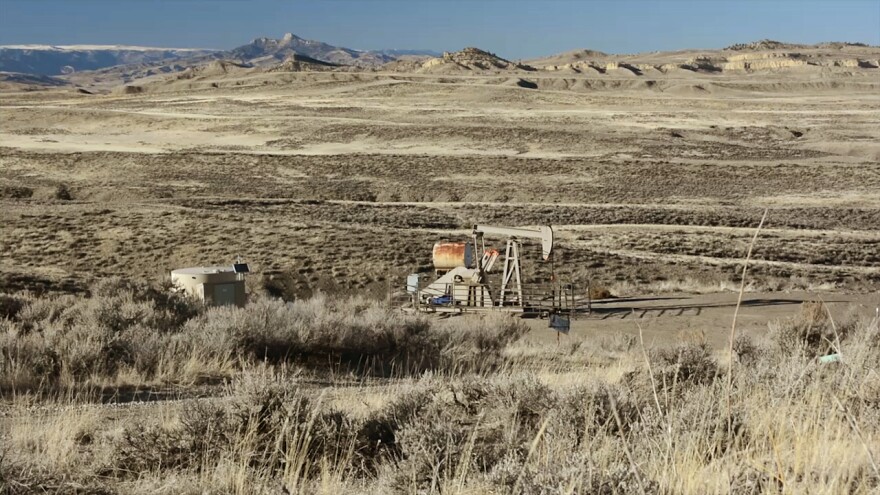The Trump Administration is moving to repeal a major Biden-era rule that elevated conservation in federal land use decisions, paving the way for expanded energy production on public lands.
The Public Lands Rule was among the Biden Administration's signature efforts to protect and restore Bureau of Land Management (BLM) land in the face of climate change and increasing land fragmentation.
The BLM is legally required to manage public lands for “multiple use” and “sustained yield” under the 1976 Federal Land Policy and Management Act, and also to maintain natural, cultural and historic resources for future generations. But critics say the agency prioritized extractive uses.
The Public Lands Rule clarified that conservation could be an official use of the land, alongside grazing, oil and gas drilling, mining and logging. Among other things, it created a framework for leases focused on restoring or maintaining landscapes.
In a press release Wednesday, Interior Secretary Doug Burgum announced the agency’s proposal to repeal the rule, saying promoting conservation in this way threatened to curtail traditional land uses.
“The previous administration’s Public Lands Rule had the potential to block access to hundreds of thousands of acres of multiple-use land – preventing energy and mineral production, timber management, grazing and recreation across the West,” said Secretary Burgum. “The most effective caretakers of our federal lands are those whose livelihoods rely on its well-being. Overturning this rule protects our American way of life and gives our communities a voice in the land that they depend on.”
The Department also argued the BLM had overstepped its authority by issuing the rule, echoing lawsuits from industry groups and Republican-led states that challenged the rule after it was finalized.
“We're happy to see that it's being rescinded, and that the Department of Interior will return to regular order so we can produce the energy that our country needs, that our allies need for energy security and just continue to fuel our robust economy,” said Aaron Johnson, the vice president of public and legislative affairs for the Denver-based Western Energy Alliance, a trade group for oil and gas companies in the West.
Johnson said the repeal aligns with Trump's broader energy agenda, which includes requiring quarterly oil and gas lease sales.
Conservation groups warn that this could put public lands at greater risk from extractive industries.
“I think we could be in a new era of public lands management because of that purported energy emergency,” said Kara Matsumoto, the public lands policy director for the Conservation Lands Foundation. “We stand to see landscapes that are crisscrossed with open pit mines and oil and gas development, roads – things that are really going to make it hard for wildlife to thrive, things that are going to threaten our clean air and water, and threaten the public's access to recreation.”
The Public Lands Rule was in effect for about six months before the end of the Biden Administration and had barely begun to be implemented. Still advocates say reverting to the previous approach offers little reassurance.
“The status quo wasn't complying with the law in many instances,” said Alison Flint, senior legal director for the Wilderness Society. “It wasn't ensuring that we will have healthy and productive public lands, five years, 50 years from now.”
The BLM is accepting public comments in response to the proposal through Nov. 10.
This story was produced by the Mountain West News Bureau, a collaboration between KUNC, Wyoming Public Media, Nevada Public Radio, Boise State Public Radio in Idaho, KUNR in Nevada, KANW in New Mexico, Colorado Public Radio, KJZZ in Arizona and NPR, with additional support from affiliate newsrooms across the region. Funding for the Mountain West News Bureau is provided in part by the Corporation for Public Broadcasting and Eric and Wendy Schmidt.



